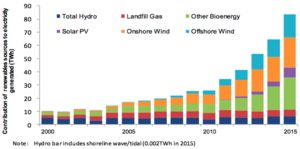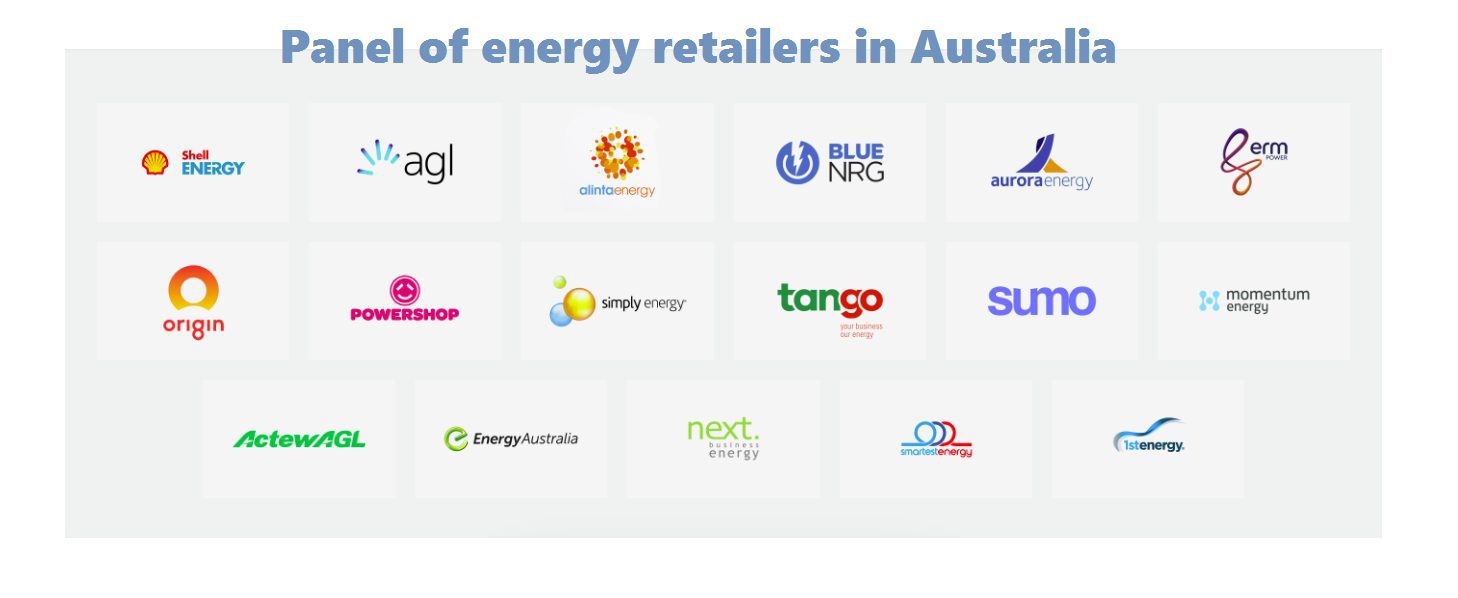
Visits: 1
Powering Your Business: A Comprehensive Comparison of Electricity Prices Across Australian States
Looking for the best business electricity plan in Australia? Look no further than our comprehensive guide to comparing business electricity prices across the country. In this article, we’ll cover everything from the factors that affect business electricity prices to a state-by-state comparison of rates. Plus, we’ll provide expert tips for choosing the best business electricity plan for your needs. Don’t overspend on your energy bills – read on to learn how to save money and get the most out of your electricity plan.
Introduction to Business Electricity Prices in Australia

Compare Business Electricity Prices across Australia
As a business owner, one of the most significant expenses you’ll face is electricity. It’s essential to understand the factors that affect your electricity prices and how they vary across different Australian states. This article will provide you with a comprehensive comparison of electricity prices for businesses in Australia. We’ll explore the various factors that influence electricity prices, such as location, demand, and supply. Additionally, we’ll offer tips on how to choose the best electricity plan for your business. By the end of this article, you’ll have a better understanding of how to power your business while keeping your costs under control.
Factors Affecting Business Electricity Prices
The cost of electricity for businesses in Australia is influenced by several factors. One of the most significant factors is the wholesale price of electricity, which varies depending on supply and demand. The cost of generating electricity from different sources also affects prices. For example, electricity generated from renewable sources like wind and solar tends to be more expensive than that generated from coal-fired power plants.
Another factor that influences business electricity prices is the location of the business. Businesses located in remote areas may have to pay more for electricity due to the higher costs associated with transmitting electricity over long distances. On the other hand, businesses located in urban areas may benefit from economies of scale and lower distribution costs.
The size of the business also plays a role in determining electricity prices. Larger businesses tend to consume more electricity, and as a result, they may qualify for volume discounts or special rates. Conversely, smaller businesses may not have the bargaining power to negotiate lower prices.
Finally, government policies and regulations can also impact business electricity prices. For instance, taxes, levies, and subsidies can affect the overall cost of electricity. Additionally, environmental regulations aimed at reducing carbon emissions may increase the cost of electricity generation, which could translate into higher prices for businesses.
Understanding these factors can help businesses make informed decisions when choosing an electricity plan. By considering their energy needs, location, and budget, businesses can select a plan that meets their requirements while minimizing costs.
Comparison of Business Electricity Prices across Australian States
When it comes to powering your business, electricity prices can vary significantly depending on which Australian state you are in. To help you make an informed decision about your energy provider, we have compiled a comprehensive comparison of business electricity prices across all states.
Starting with New South Wales, the average cost of electricity for small businesses is around 28 cents per kilowatt-hour (kWh). Moving south to Victoria, the average cost is slightly higher at 29 cents per kWh. In Queensland, the average cost is 27 cents per kWh, while in South Australia it is 35 cents per kWh. Western Australia has the highest average cost at 38 cents per kWh, followed closely by Tasmania at 37 cents per kWh. The Northern Territory has the lowest average cost at 25 cents per kWh.
It’s important to note that these are just average costs and that actual prices may vary depending on factors such as location, usage patterns, and the specific energy plan you choose. However, this comparison should give you a good idea of how prices differ across the country.
When comparing prices, it’s also important to consider other factors such as the level of customer service provided by the energy provider, any additional fees or charges, and the environmental impact of the energy source used.
By taking the time to compare prices and consider all relevant factors, you can ensure that you choose the best business electricity plan for your needs and budget.
Tips for Choosing the Best Business Electricity Plan
When it comes to choosing the best business electricity plan, there are several factors that you should consider.
You need to determine your business’s energy needs and usage patterns
Firstly, you need to determine your business’s energy needs and usage patterns. This will help you choose a plan that suits your specific requirements.
Compare the rates and tariffs offered by different electricity providers
Secondly, it’s important to compare the rates and tariffs offered by different electricity providers. Look for plans that offer competitive pricing and flexible payment options.
Consider the length of the contract
Thirdly, consider the length of the contract. Some providers offer short-term contracts, while others require longer commitments. Choose a plan that aligns with your business’s long-term goals and budget.
Take note of any additional fees or charges that may apply
Fourthly, take note of any additional fees or charges that may apply. These can include connection fees, late payment fees, and exit fees. Make sure you understand all the costs involved before signing up for a plan.
Do read the fine print. Check for any hidden clauses or conditions
Finally, don’t forget to read the fine print. Check for any hidden clauses or conditions that may affect your ability to switch providers or cancel your contract.
Wrapping Up
By taking these factors into account, you can make an informed decision when choosing the best business electricity plan for your company.


%20(1).png)


